A sprig of parsley can be much more than just a garnish on your plate. Parsley contains two types of unusual compounds that provide unique health benefits.
Its volatile oils, specifically myristicin, have been shown in animal studies to inhibit the formation of tumors in the lungs. Myristicin also activates the enzyme glutathione-S-transferase, which helps attach glutathione molecules to oxygen molecules that would otherwise harm the body.
The activity of parsley's volatile oils makes it a "chemoprotective" food. One that helps neutralize certain types of carcinogens (such as those found in cigarette smoke and charcoal grill smoke).
The flavonoids in parsley act as antioxidants, binding to highly reactive oxygen molecules to prevent cell damage. Parsley extract has been used in animal studies to increase the antioxidant capacity of the blood.
Parsley essential oils are an excellent source of two nutrients that are important for the prevention of many diseases: vitamin C and vitamin A (particularly through its concentration of provitamin A carotenoids and beta-carotene).
Vitamin C has many different functions. It is a water-soluble antioxidant that neutralizes dangerous free radicals in all water-soluble parts of the body. High levels of free radicals contribute to the development and progression of a wide range of diseases, including atherosclerosis, colon cancer, diabetes and asthma.
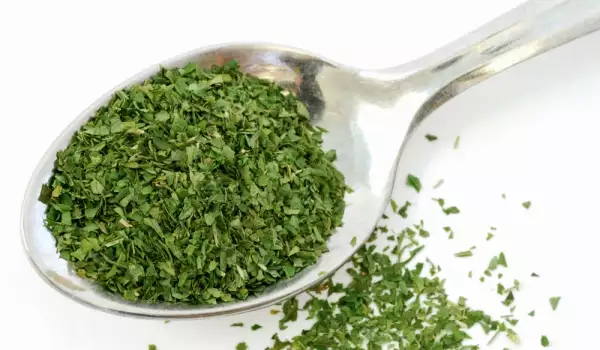
The vitamin is also a powerful anti-inflammatory agent, which explains its health benefits in conditions such as osteoarthritis and rheumatoid arthritis. And since vitamin C is necessary for the proper functioning of the immune system, it may be useful in preventing recurrent ear infections or colds.
Beta-carotene is another important antioxidant that works in fat-soluble parts of the body. Diets rich in beta-carotene also reduce the risk of developing and progressing conditions such as atherosclerosis, diabetes and colon cancer.
Beta-carotene is converted in the body to vitamin A, which is a nutrient so important for the immune system that it is nicknamed the "anti-infection vitamin."
Parsley is a good source of folate, which plays a very important role in cardiovascular disease. By consuming it, you can reduce your risk of heart attack and stroke.
Folate is an important nutrient for proper cell division and is therefore vital for preventing cancer in two areas of the body that contain rapidly dividing cells, namely the colon and cervix.
Check out how to store parsley, how to detox with parsley and learn how to grow parsley in a pot at home.
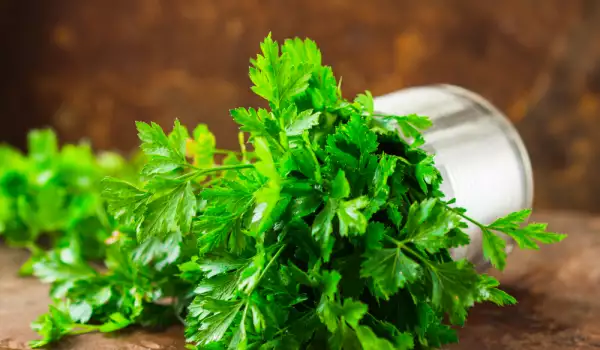
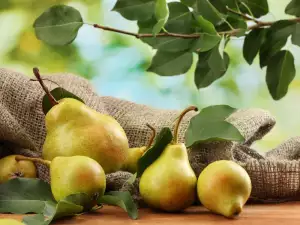


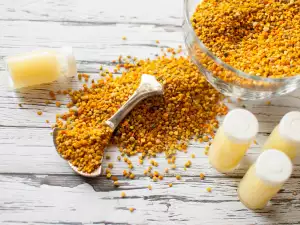


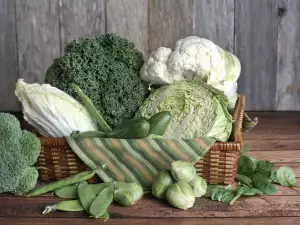
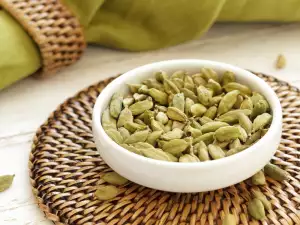


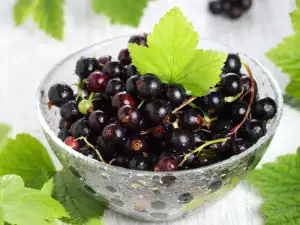
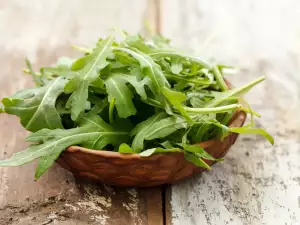


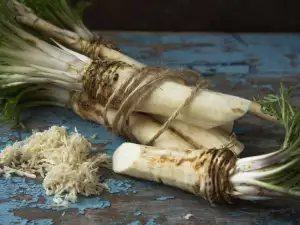




Comments